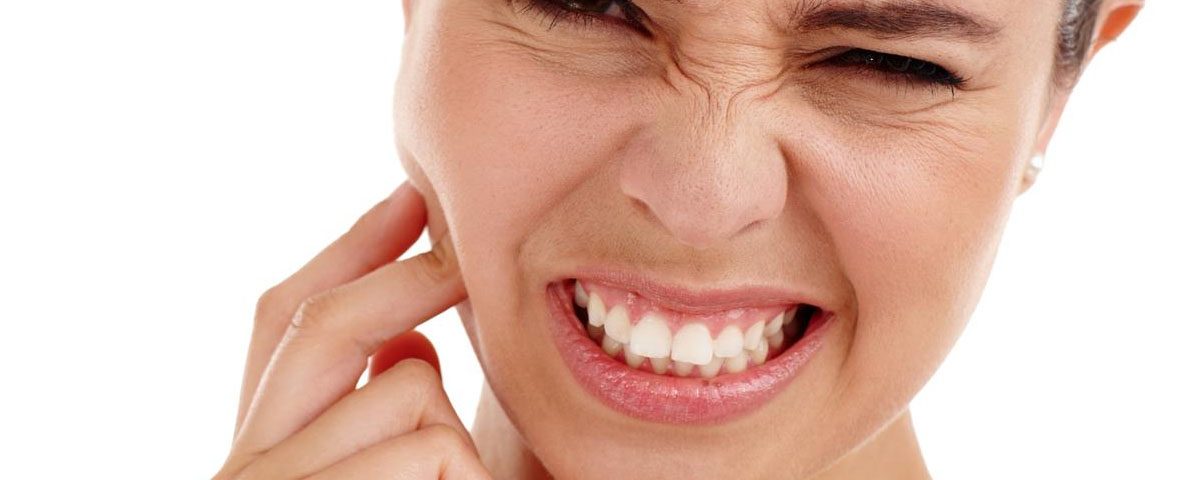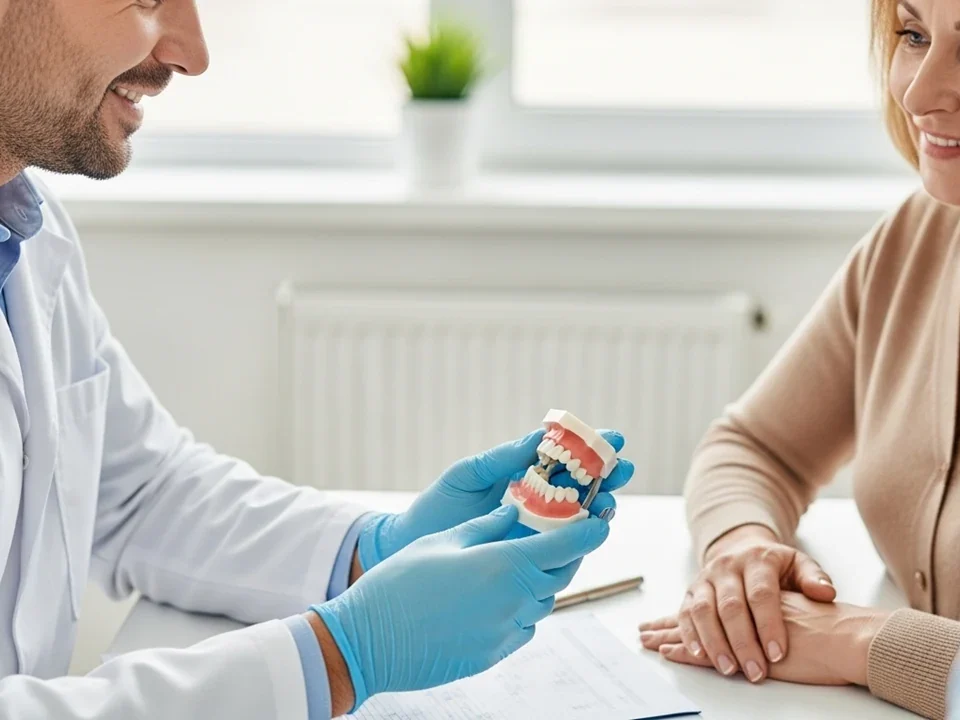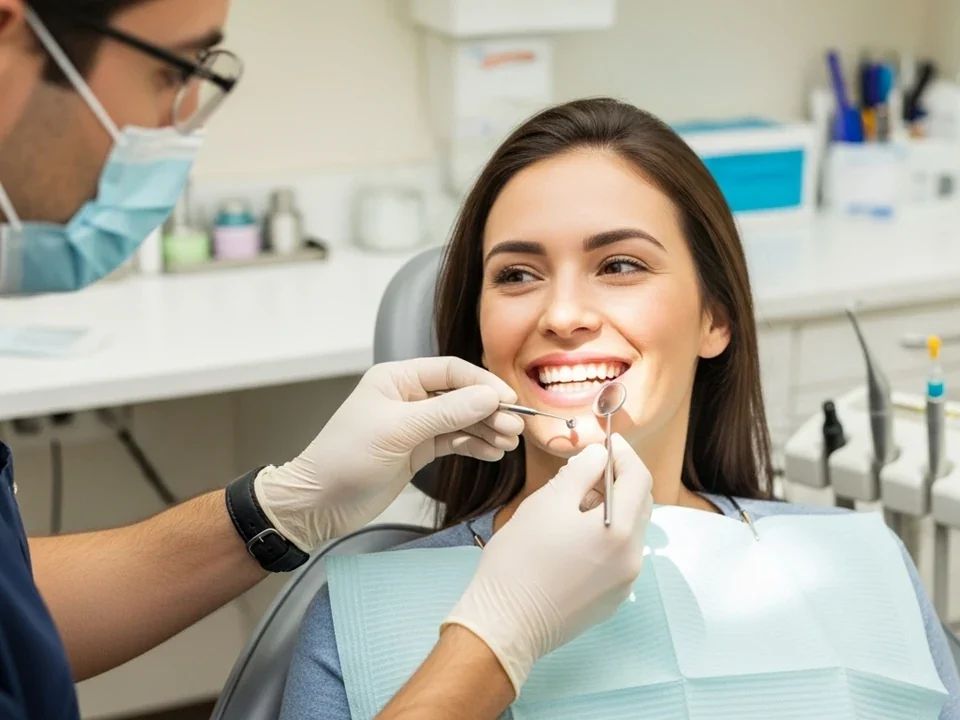
Should You Brush Your Teeth Before or After Whitening Strips?
August 7, 2024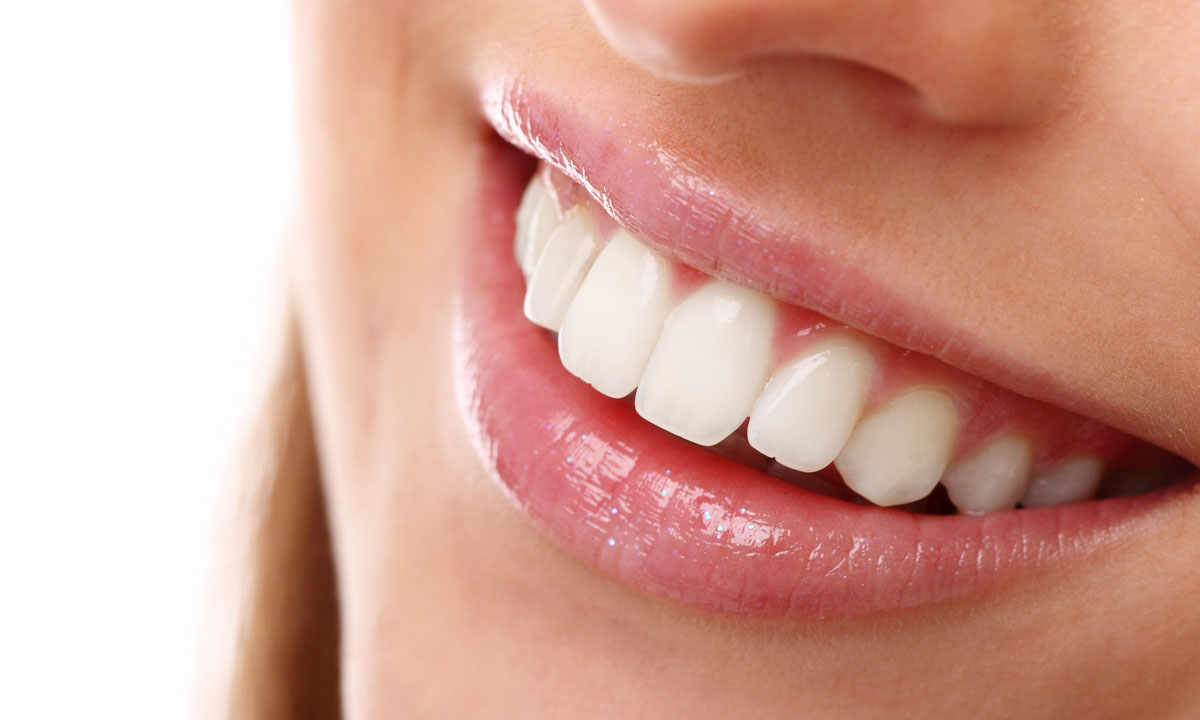
How Much Does Full Mouth Porcelain Veneers Cost in Phoenix, AZ?
August 14, 2024Getting your teeth cleaned is a necessary part of maintaining good oral hygiene. However, it’s not uncommon to experience some discomfort afterward. Let’s go through various aspects of pain after teeth cleaning and provide tips on how to reduce it effectively.
Table of Contents
TogglePain after Deep Cleaning Teeth
Experiencing pain after deep teeth cleaning is common, as the procedure can be more invasive than regular cleaning. Here are some tips to decrease pain and discomfort after a deep cleaning:
- Using over-the-counter medications like ibuprofen (Advil) or acetaminophen (Tylenol).
- Rinsing your mouth with warm salt water several times a day.
- Apply a cold compress to your cheek for 15-20 minutes.
- Choosing soft foods like yogurt, mashed potatoes, scrambled eggs, and smoothies.
- Drinking plenty of water to help flush out bacteria and keep your mouth clean.
- Avoiding hot, spicy, acidic, and crunchy foods and smoking and consuming alcohol.
- Use a soft-bristled toothbrush and sensitive toothpaste. Floss carefully.
- Using alcohol-free antiseptic mouthwash to prevent infection and soothe your gums.
- Using desensitizing toothpaste or gels to reduce sensitivity and discomfort.
- Ensuring you get adequate rest and avoid strenuous activities.
Ear Pain After Teeth Cleaning
Experiencing ear pain after teeth cleaning can be concerning, but it’s not uncommon. Because the ear, nose, and throat are interconnected, dental procedures can sometimes affect the ears. Here are some steps you can take to alleviate ear pain after deep teeth cleaning:
- Over-the-counter ear drops for pain relief can be helpful if the pain seems to be concentrated in the ear itself.
- As sinus congestion can cause ear pain, using a saline nasal spray or decongestant helps relieve pressure.
- If the pain is related to the temporomandibular joint (the joint connecting the jaw to the skull), consider using a mouth guard at night or consulting your dentist for specific treatments.
How Painful is a Deep Teeth Cleaning?
Here’s a scale to help describe the potential pain levels associated with a deep teeth cleaning:
- No discomfort during or after the procedure (rare).
- Slight discomfort, similar to a regular cleaning.
- Mild pain or sensitivity, especially near the gum line.
- Noticeable but bearable pain.
- Difficult to stay comfortable even with local anesthesia.
- Intense pain despite anesthesia, possibly due to severe gum disease or high tooth sensitivity.
Extreme Pain During Teeth Cleaning
Experiencing extreme pain during a teeth cleaning is not typical, and there are several potential reasons for this discomfort. Here are the possible causes:
- Exposed dentin or root surfaces can be highly sensitive to the tools used during cleaning.
- Inflamed or infected gums can be very tender and sensitive to touch.
- Anxiety can affect your perception of pain and make the actual sensation feel more intense.
- Inadequate or no use of local anesthesia can cause significant discomfort.
- Conditions like cavities, cracked teeth, or exposed roots can make the process painful.
Find out about Venous Lakes Lip Treatment in Ahwatukee
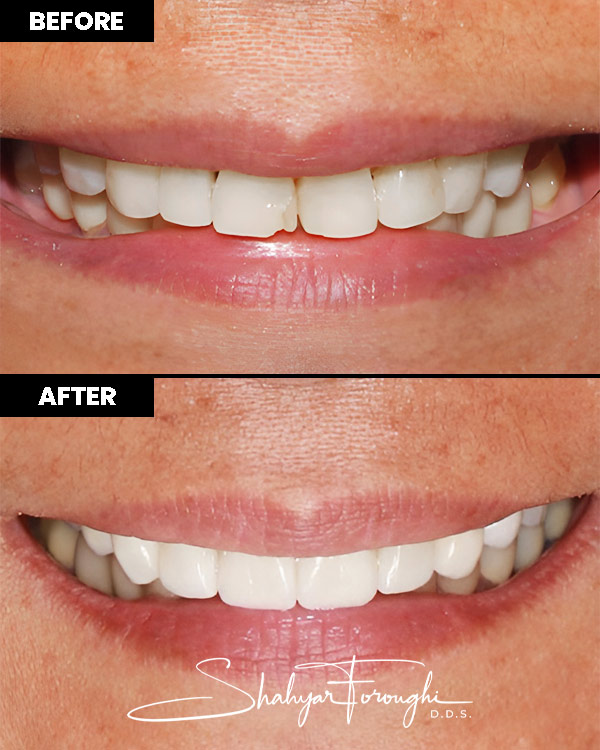
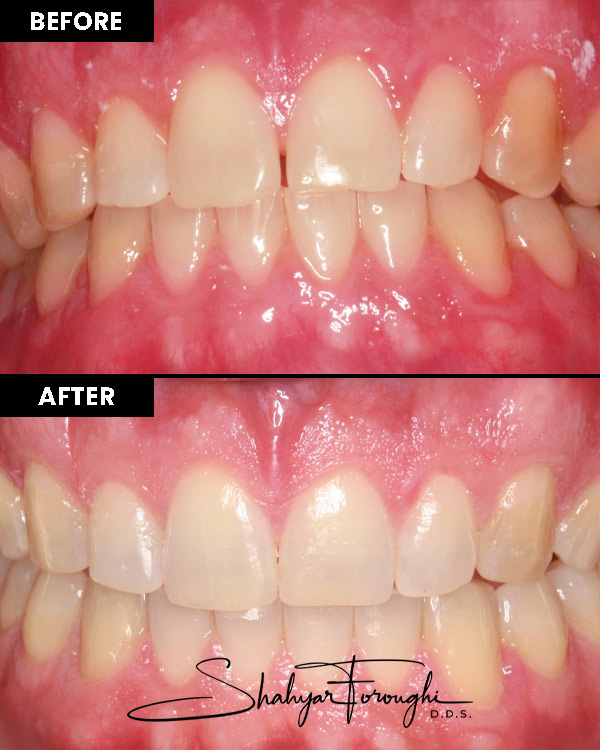
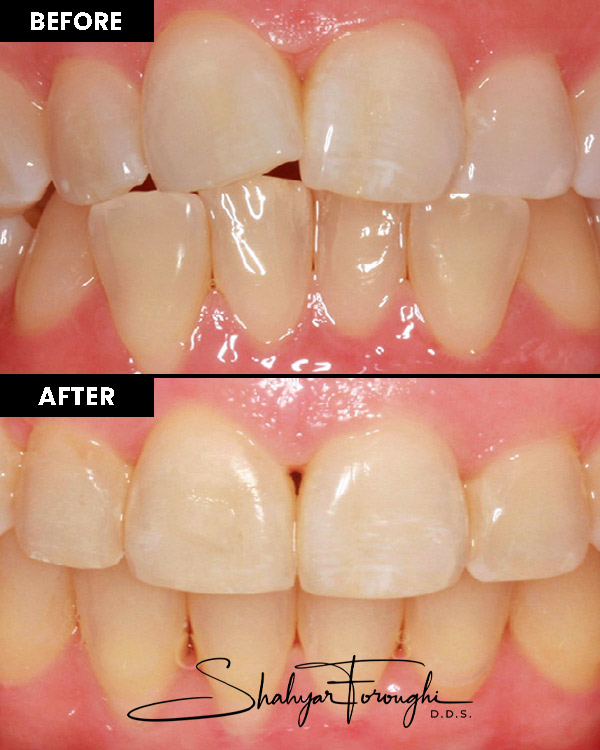
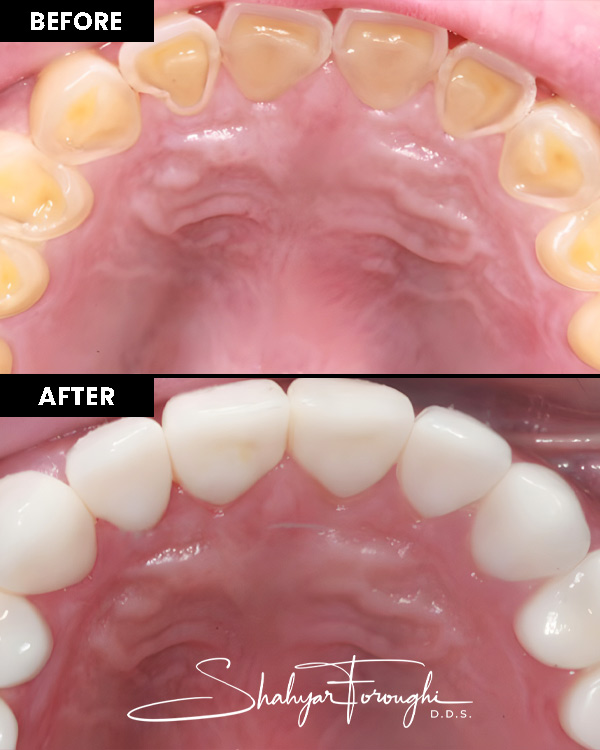
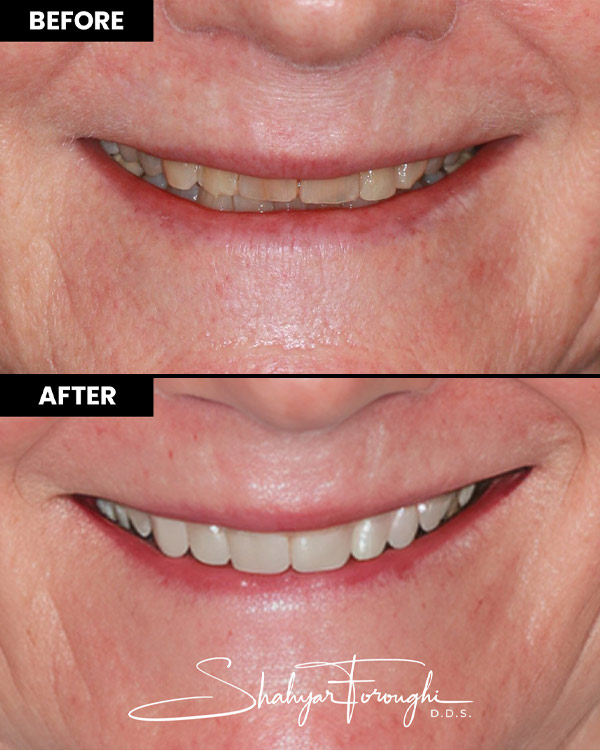
How to Make Teeth Cleaning Less Painful?
Making teeth cleaning less painful involves a combination of communication with your dentist, proper preparation, and aftercare. Here are some strategies to reduce discomfort:
- Choose a gentle, accommodating dentist.
- Inform your dentist about your sensitivity and past painful experiences.
- Request a topical numbing gel for your gums.
- Consider sedation options for severe anxiety or sensitivity.
- Request short breaks if needed.
- Use headphones to listen to music or an audiobook for distraction.
Is it Normal to Have Pain after Teeth Cleaning?
Yes, it is normal to feel some pain or sensitivity after teeth cleaning. The dentist cleans out tartar and plaque during the cleaning process, which irritates the gums and makes the teeth more sensitive. This is usually mild and temporary.
How Long Does Pain Last After Teeth Cleaning?
The sensitivity or pain after teeth cleaning typically lasts for a few days. In most cases, it subsides within 24 to 48 hours. However, if the pain persists for more than a week, you should contact the best dental clinic.
How to Relieve Gum Pain after Dental Cleaning?
To relieve gum pain after teeth cleaning, take pain relievers:
- Rinse with warm salt water and apply a cold compress to your cheek.
- Eat soft foods, stay hydrated, and avoid irritants like hot, spicy, or crunchy foods, as well as smoking and alcohol.
- Practice gentle oral hygiene with a soft-bristled toothbrush and use desensitizing products. If the pain persists, consult your dentist.
Jaw Pain after Dental Cleaning
Jaw pain after teeth cleaning can occur due to prolonged mouth opening, which can strain the muscles and joints of the jaw. This is especially common if the procedure is lengthy or if you have existing jaw issues like temporomandibular joint disorder (TMJ). Here are reasons and solutions for managing jaw pain after teeth cleaning:
- Extended mouth opening can fatigue jaw muscles, causing soreness.
- Prolonged opening can strain the temporomandibular joint, especially with pre-existing TMJ issues.
- Sitting position and mouth angle during cleaning can strain muscles and joints.
Solutions:
- Avoid chewing gum or eating tough foods.
- Slowly open and close your mouth, and move your jaw side to side and forward and backward a few times a day.
- Ensure neck and back support during dental visits.
- Consider a night guard if you have TMJ issues.
- Ask your dentist for short breaks during the procedure.
- Gently massage your jaw muscles with light pressure in circular motions.
What to Take for Pain after Deep Cleaning?
Deep cleaning can cause more discomfort than regular cleaning. To manage pain after teeth cleaning:
- Your dentist might prescribe stronger painkillers if needed.
- Antibiotic mouthwash can help prevent infection and reduce pain.
- Follow a soft food diet for a few days to avoid irritating your gums.
Conclusion
While some discomfort after teeth cleaning is normal, it should be manageable and temporary. Using simple home remedies and over-the-counter pain relievers can significantly alleviate any pain. However, if the pain is severe or persists, it is essential to consult your dentist to rule out any underlying issues.
FAQs
Can teeth cleaning pain make dental whitening more sensitive?
Yes, teeth cleaning pain can make dental whitening in Ahwatukee feel more sensitive. This happens because your gums and enamel may already be a little tender after the cleaning.
How to stop tooth pain fast?
Use over-the-counter pain relievers, apply a cold compress, and avoid irritating foods.
What to do if tooth pain is unbearable?
Contact your dentist immediately. In the meantime, use pain relievers and try to keep the area clean.
How to numb tooth pain?
Apply a topical anesthetic gel, use a cold compress, or take over-the-counter pain medications.

